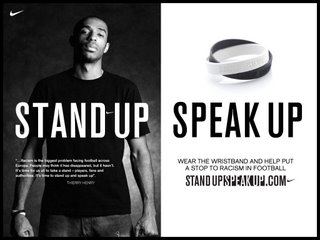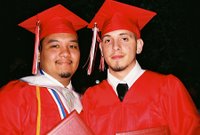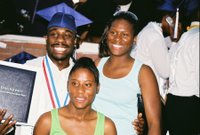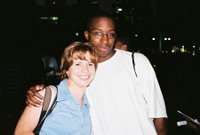 As I was listening to the radio this morning, I heard the report about the flag burning amendment not passing. As I listened to the report, I was amazed. Does our Congress really have that little to do that it needs to focus on flag burning??
As I was listening to the radio this morning, I heard the report about the flag burning amendment not passing. As I listened to the report, I was amazed. Does our Congress really have that little to do that it needs to focus on flag burning??John Kerry did speak up and suggest that there were more important issues at hand. However, Oran Hatch refuted him saying that banning flag burning is *the* most important thing we could be doing right now. He wants to send a message people that says, "You cannot usurp the power of the Congress of the United States."
Let me think about that a minute. There's nothing more important than making sure people don't burn the flag and show disrespect for this country? Maybe he's right. What could possibly be more important than that?? Let me ponder on that...
...teenagers who can't read who are expected to pass a test to graduate in a school that is given the No Child Left Behind law but no resources to implement what it will take to get them there?
...adults who have little job skills but are expected to get into productive jobs to contribute to our economy?
...schools that are drilling the kids with tests instead of teaching higher order thinking for fear they will lose their jobs as a result of "No Child Left Behind"?
...seniors who can't afford their medication and are confused by the new Medicare stuff?
...kids who are being recruited for the military to fight in a war that has no end in sight and no set plan for an eventual pull out?
...children without health care?
...large numbers of kids who aren't graduating from high school?
...CEO's who are getting rich while their workers are struggling in poverty?
Maybe Oran Hatch lives in a different world than I do. Maybe a lot of people in Congress live in a different world than I do. I'm guessing that their socioeconomic status--where they live, where they work, the people they hang around--isolates them from all of the other more pressing issues that are happening to the people that they "serve." I suppose the issues I've mentioned don't affect their world much so worrying about that handful of people who might burn a flag is a perfectly legitimate issue...right?
















